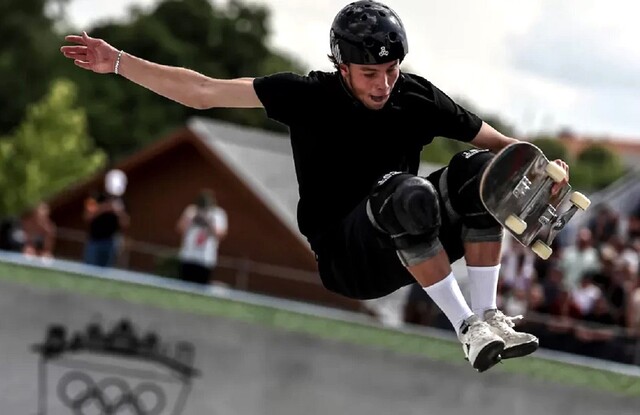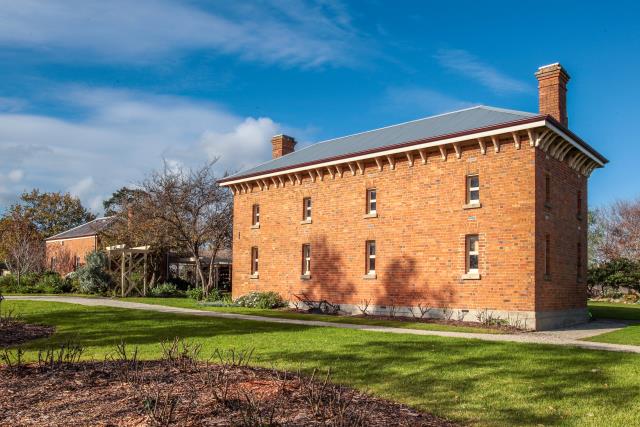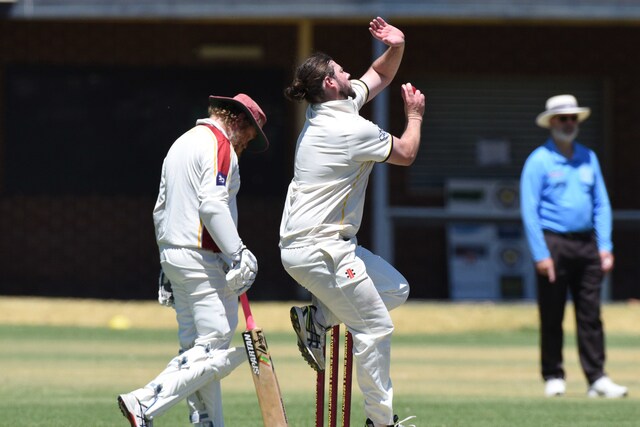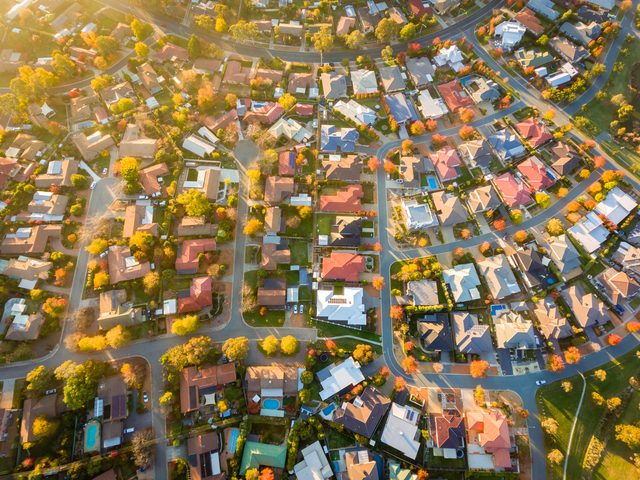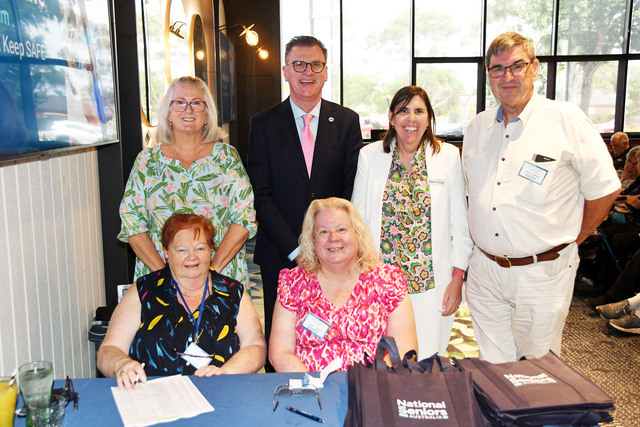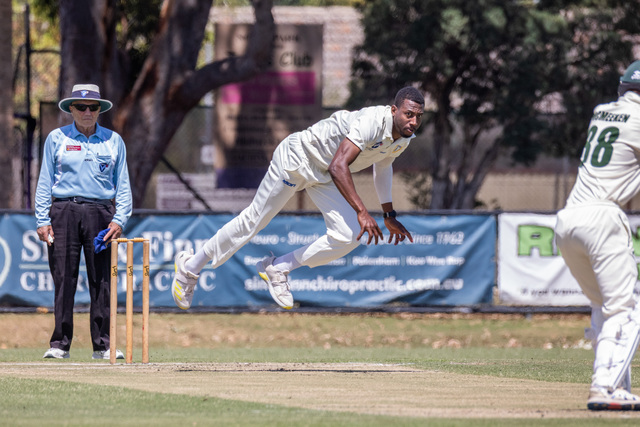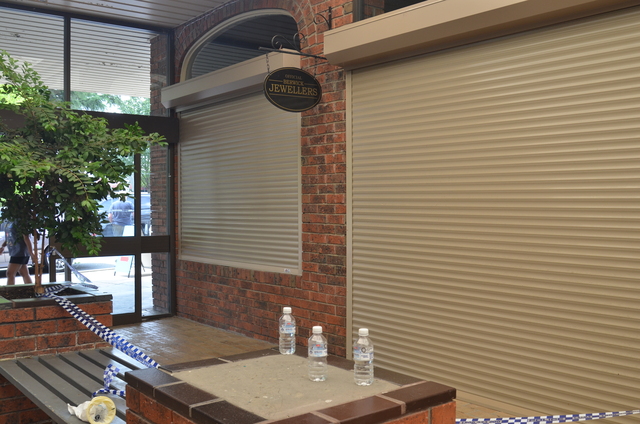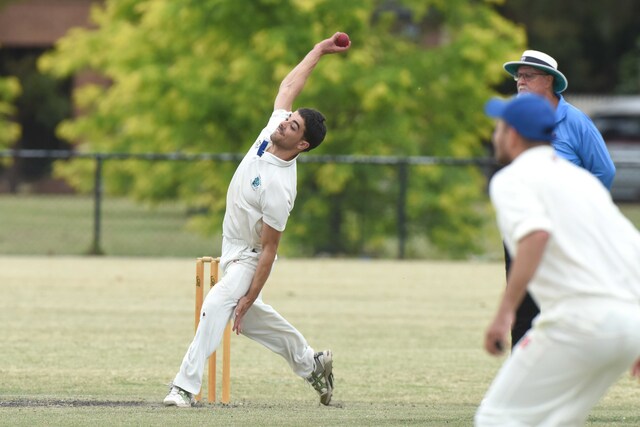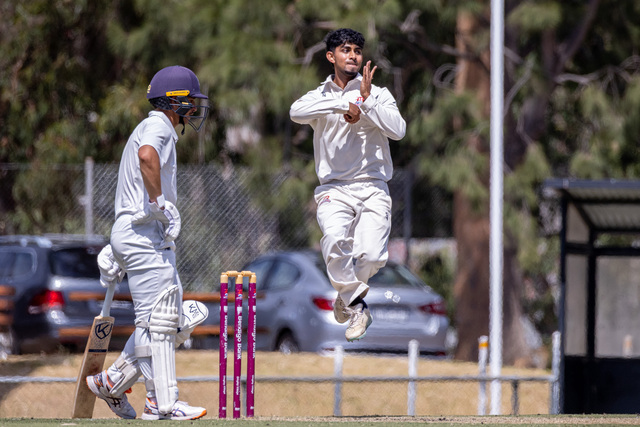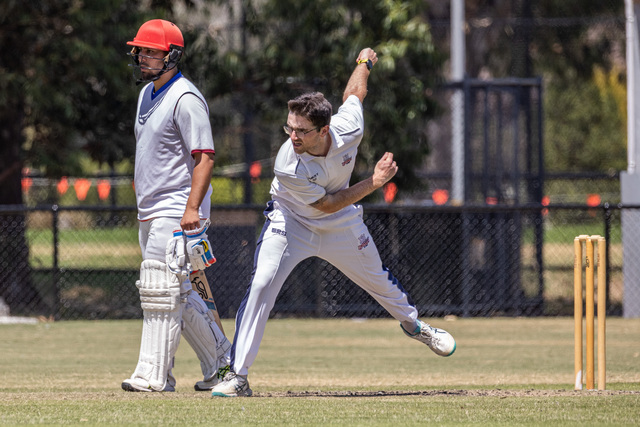The Australian Olympic Committee is basking in the glory of its most successful Olympic Games campaign after winning a total of 18 gold medals across the two weeks in Paris.
With 53 total medals (18 gold, 19 silver and 16 bronze), it’s the country’s best result in a Games outside of Sydney in 2000, when 58 medals were won in front of home fans, finishing fourth on the medal table for golds, and fifth for total medals
As they so often do, the swim team led the charge with seven of the 18 gold, while the second week saw the track and field take to the stage, along with a pair of gold medals in the skateboarding.
Australia’s Chef de Mission Anna Meares expects the performances of the Australian athletes to inspire the next generation of Australian champions.
“I am so proud,” Meares said.
“The way they have supported each other in success and in defeat, shown courage and been the great role models that they are, they have truly inspired the next generation.
“We have always talked about the Cathy Freeman effect. Now we have the Jess Fox effect, the Emma McKeon effect, the Ariarne Titmus effect, the Cam McEvoy effect, the Saya Sakakibara effect, the Keegan Palmer effect, the Arisa Trew effect, the Stingers effect, the Opals effect, the Harry Garside effect.
“The sky really is the limit.”
While breakdancer Rachel ‘Raygun’ Gunn’s dance moves threatened to steal the show on the final weekend, pole-vaulter Nina Kennedy, skateboarding duo Keegan Palmer and Arisa Trew, sailor Matt Wearn and canoe slalom competitor Noemie Fox were among the athletes to leave Paris with gold following the second week of competition and etch their names in Australian sporting folklore forever more.
Edwin Flack’s name was evoked on the final weekend of the Games through the stunning performance of Jessica Hull in the women’s 1500 metres final on the track, winning silver to join Flack and two others as the only four Australians to have claimed a medal in the event.
Among the local contingent, those who participated did the region proud in their respective pursuits, beginning with Nyora park skateboarder Keefer Wilson.
The 17-year-old who grew up with a skate park in his backyard alley-ooped and double barreled his way into the final on Wednesday with a pair of eye-popping runs in the heat.
Wilson was the youngest to reach the final, won by fellow Aussie, Palmer.
While the world number 12 was unable to complete any of his three runs in the final, he showed plenty of talent in the heats to prove he’ll be a name to remember in the coming years.
Wilson competed in the last of the four heats, needing a score of at least 88 to position himself in the finals-bound top-eight.
The powerful transition skater rode with composure in each of his three runs, improving his score with each effort.
His first ride scored 81.70, placing him 13th, before a dazzling second run which he completed with technical proficiency, never looking like coming off his board.
It scored 88.60, putting him in eighth-place, which he built on with a smooth last run, scoring 90.10 in a high-risk run that paid off.
Wilson qualified with the fifth-best score and was brimming with confidence, before the pressure of the final took full toll.
He was one of six athletes unable to complete his first run in the final, and while he improved with each subsequent run, he wasn’t able to complete any of his three, with his best score of 58.36 placing him eighth.
Park skateboarding judges score athletes on the following criteria: repetition, flow and consistency, use of course, quality of execution, difficulty and variety of tricks performed.
A score of 100 is then determined.
Skaters have three runs, each lasting 45 seconds or until the athlete comes off their board, with the best run being counted as the athlete’s score.
Lyndhurst long jump competitor Brooke Buschkhuel said that her Paris Olympic campaign “didn’t go as I would have liked”, having failed to qualify for the long jump final.
Competing in her third Olympic Games, Buschkhuel jumped 6.31 metres in the third of her three jumps in the qualifying stages on Tuesday 6 August, placing 12th out of the 15 competitors in group B, and 25th out of 31 overall.
With the only 12 best jumps progressing to the final, it brought to an end Buschkhuel’s campaign, finishing 28 centimetres shy of 12th overall place.
Buschkhuel thanked her supporters for helping her reach her third games campaign in an Instagram post following the event.
“I gave it everything I had and I’m proud of myself for that,” the Australian record holder said.
“I’m also proud that I continued to show up this season even when my body and my mind had been struggling and certainly were not in sync.
“To everyone who helped me get here and those that have supported me through all the ups and downs, I appreciate you and am forever grateful for you all.
“Time to give myself the rest I need.” Buschkhuel battled both physical and mental health struggles in the last 12 months but qualified for the Olympic team in July.
Her previous two Olympic campaigns netted seventh-place finishes, while she claimed a silver medal at the 2022 Commonwealth Games in Birmingham.
Attention now turns to the to the Paralympics, which get underway on 28 August, while the next Olympics venture will see the world converge on Los Angeles in 2028.
The status of the 2026 Commonwealth Games, meanwhile, remains unclear, following Victoria’s decision to rebuke its commitment to host the event in regional Victoria.

